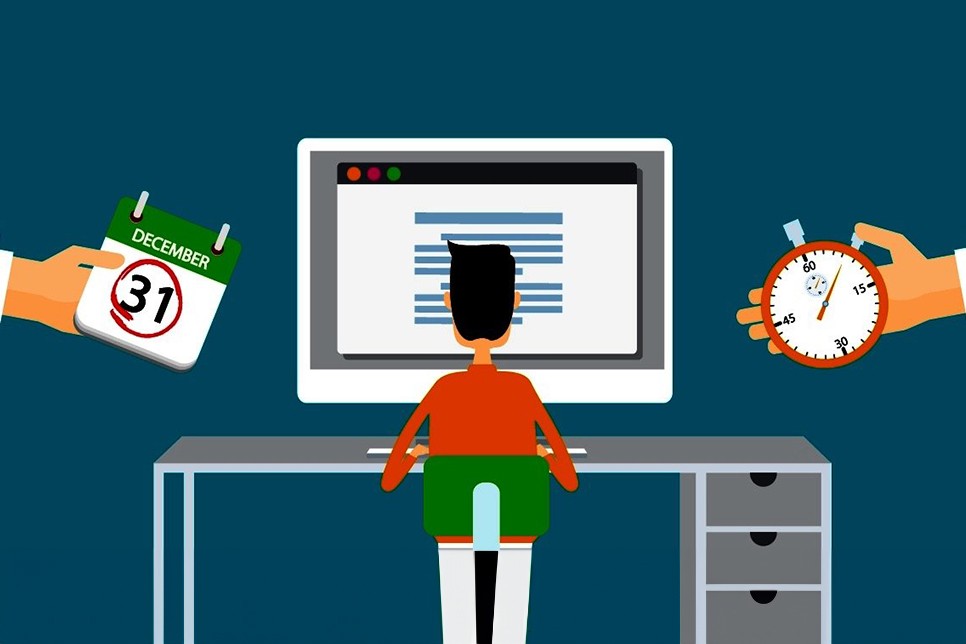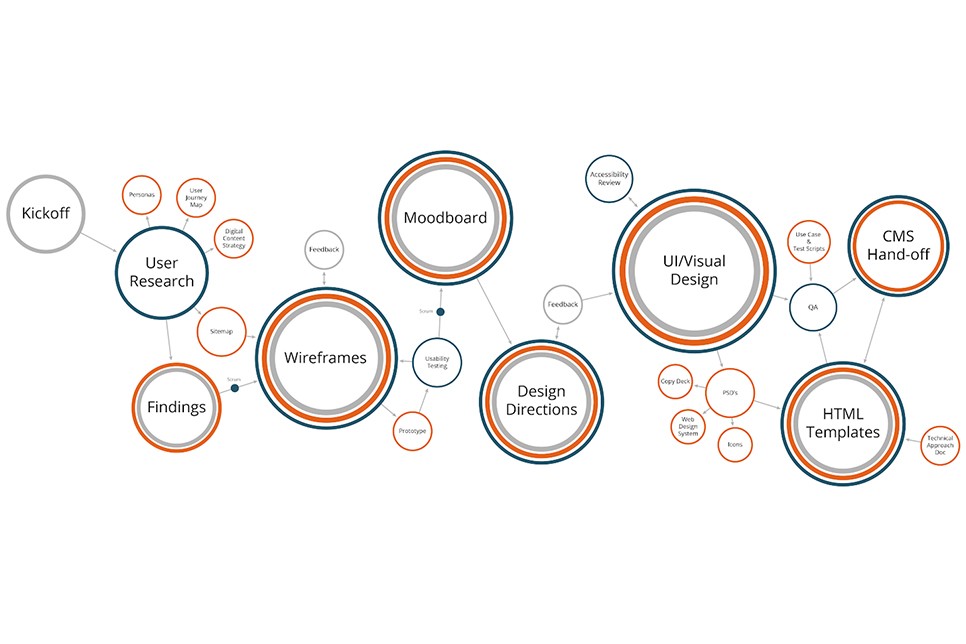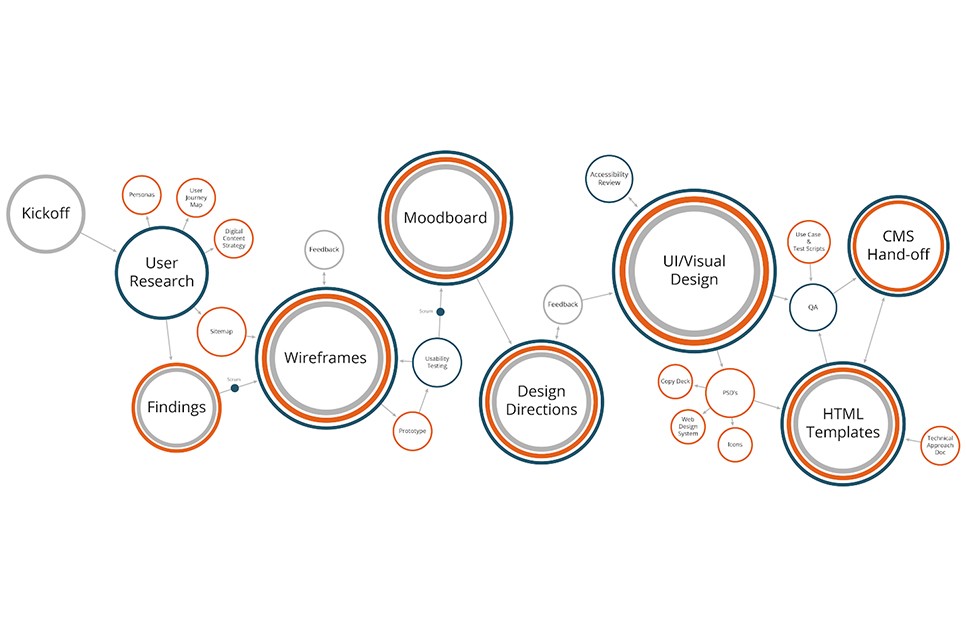
Recently, we were very excited to welcome the PubFactory hosting platform to KnowledgeWorks Global Ltd.’s end-to-end portfolio of publisher services.

Research increasingly shows how gender affects the peer-review process, and how it doesn’t. For example, some studies indicate that editor gender appears to have some influence over gender diversity among peer reviewers, but gender of authors, editors and reviewers may not necessarily influence which papers are accepted or rejected.

In 2018, we collaborated with Manchester University Press (MUP) on a hosting platform that would bring all of their books and journals online. Manchester is the largest research university in the UK, and the Press is one of the largest University Presses in the UK, publishing around 200 books and 6 journals a year.

In this blog, we have listed several tactics for how to increase the speed of journal publication from clear author instructions, efficient peer-review, effective staffing and more.

This spring has seen tremendous global change—from the COVID19 pandemic to protests around the world decrying systemic racism. With an initial urgent focus on medical studies, scholarly publishers have proven how indispensable they are in advancing and making available potentially life-saving information.

When designing your publishing platform, there are many factors to consider to deliver an optimal user experience. It’s critical to establish a user-first driven process, as diagrammed below.

Website accessibility is not a new topic. In fact, it’s been a factor since 2010 when the Americans with Disabilities Act (ADA) published standards that digital technology and information must be accessible to all people.

Your website platform should be available to every person on any device. The following are critical considerations in a “mobile-first” world for maximizing discoverability and accessibility when creating the optimal user experience for journeys across all of your digital content.

Much has been written lately about the rush to quickly make new coronavirus research available to the medical community, government agencies, and the concerned public. Recent news and analysis ranges from scholarly publishers working together to maximize the efficiency of peer review, to a demand for conclusiveness against an “infodemic” of both accurate and inaccurate guidance, to our own observations that preprints and media attention are driving rapid publication like never before.









